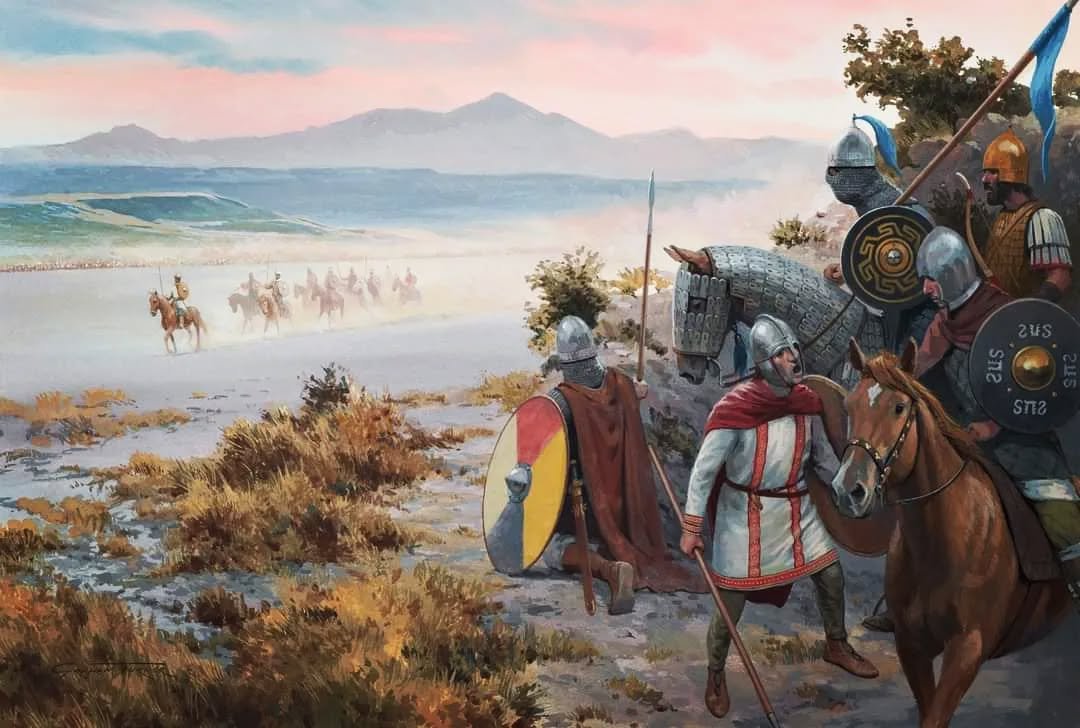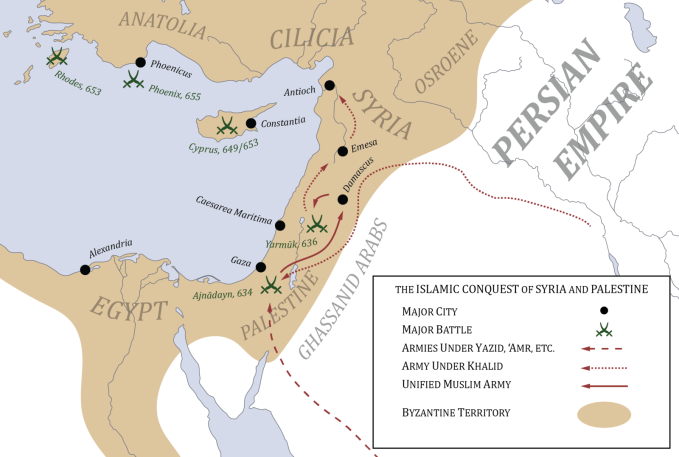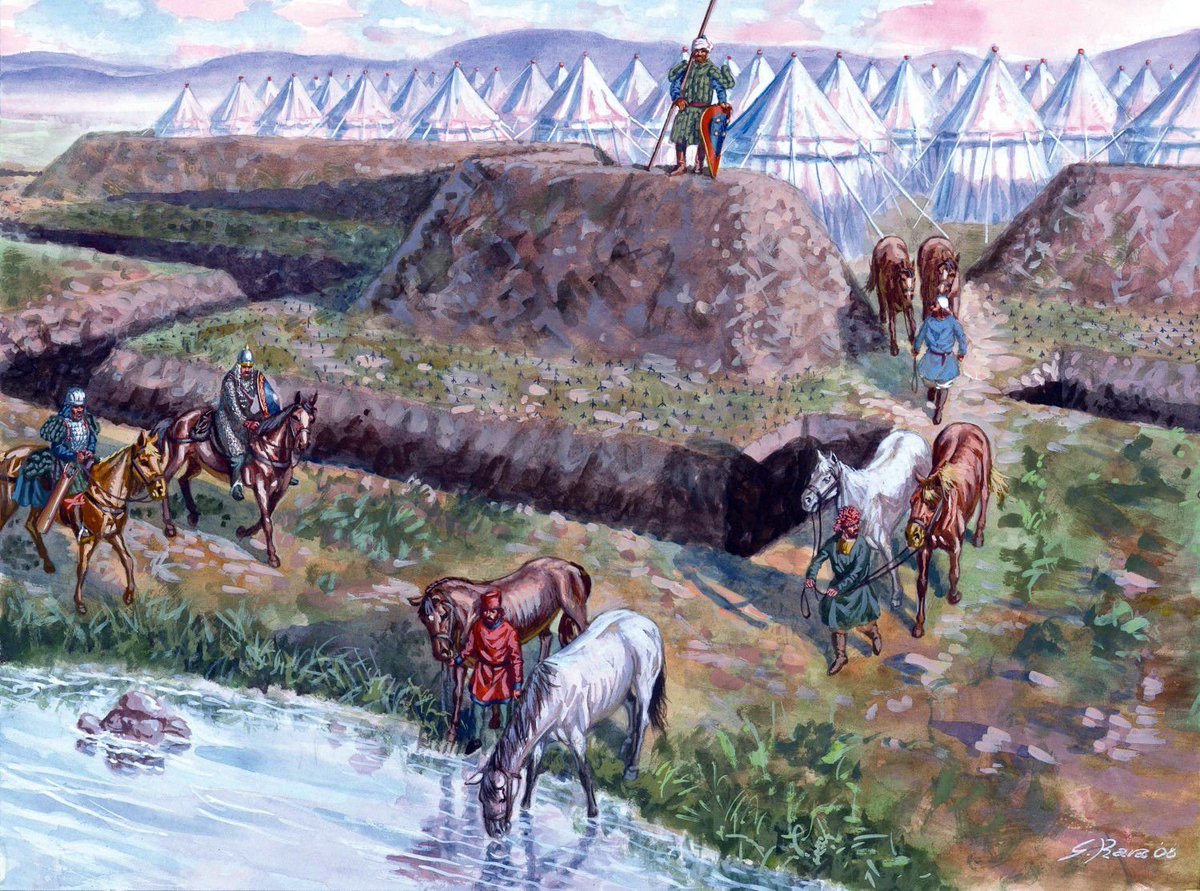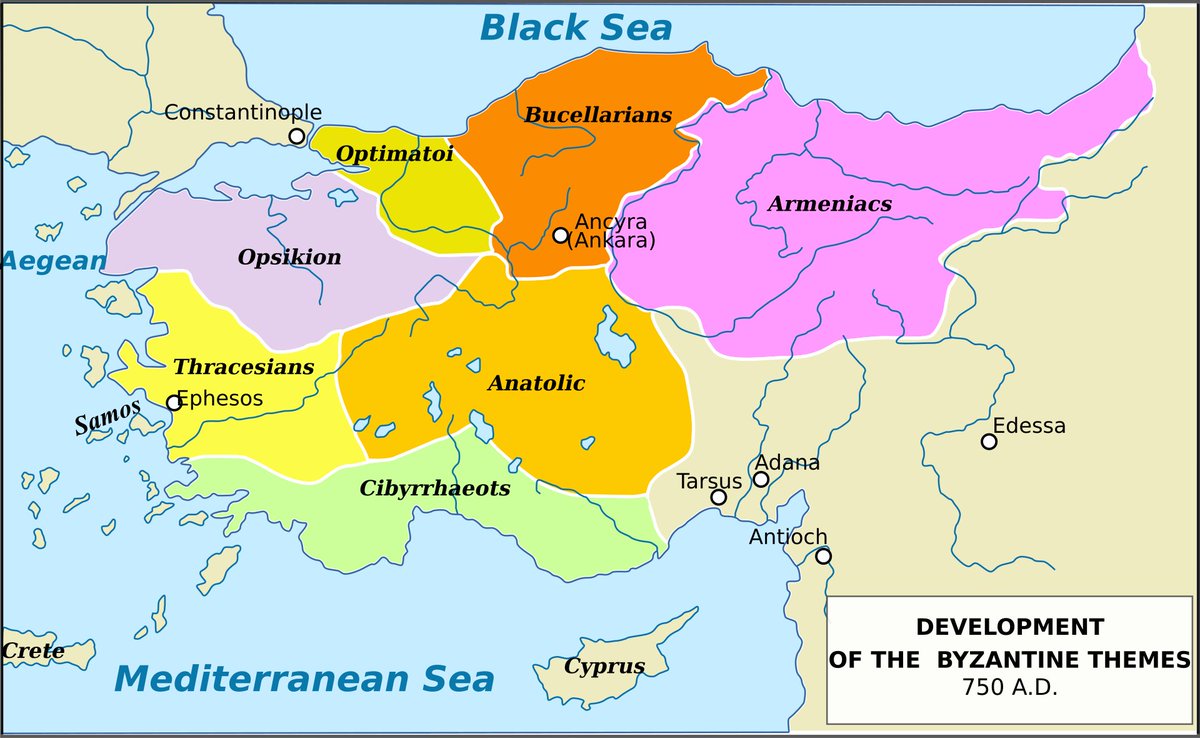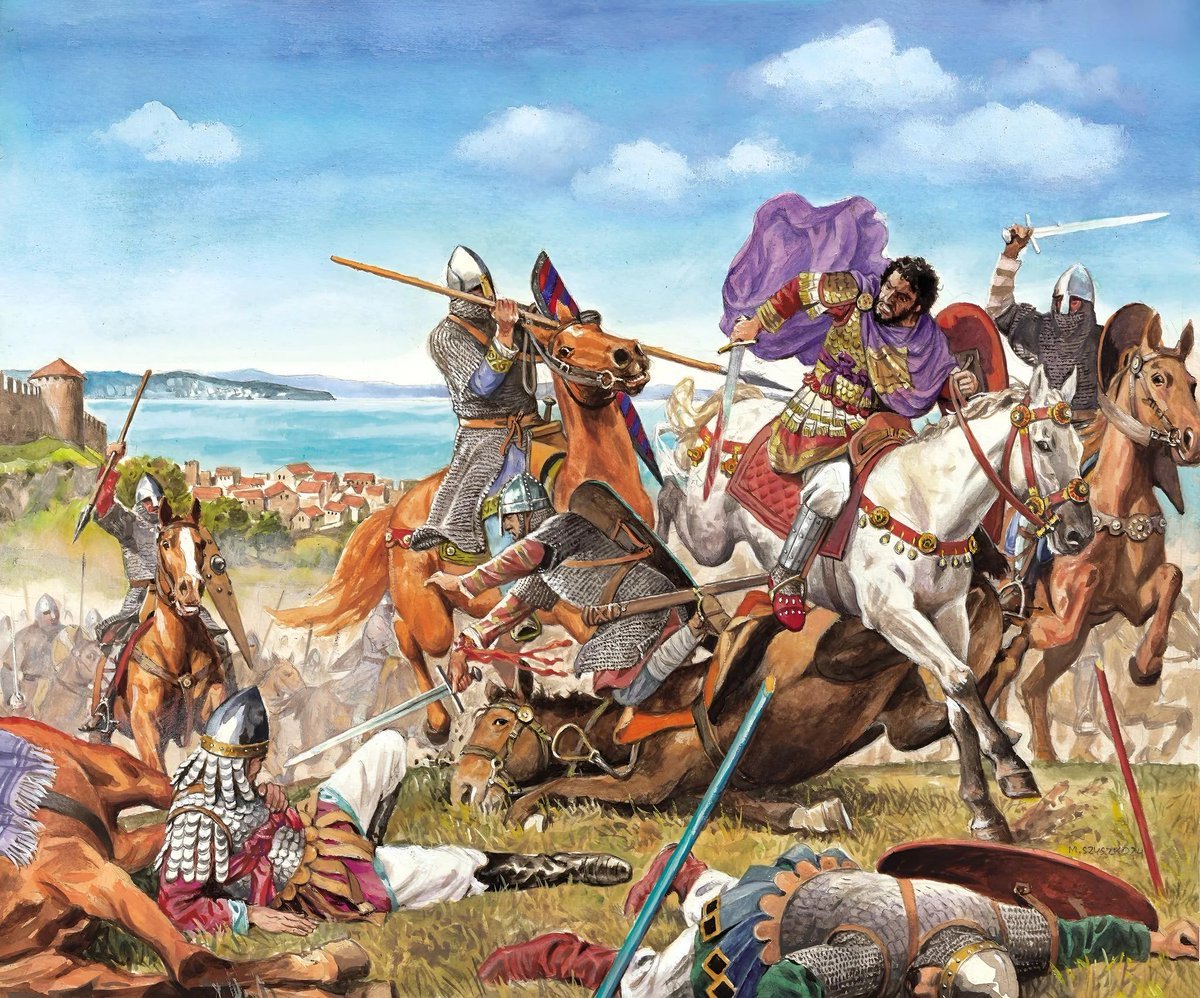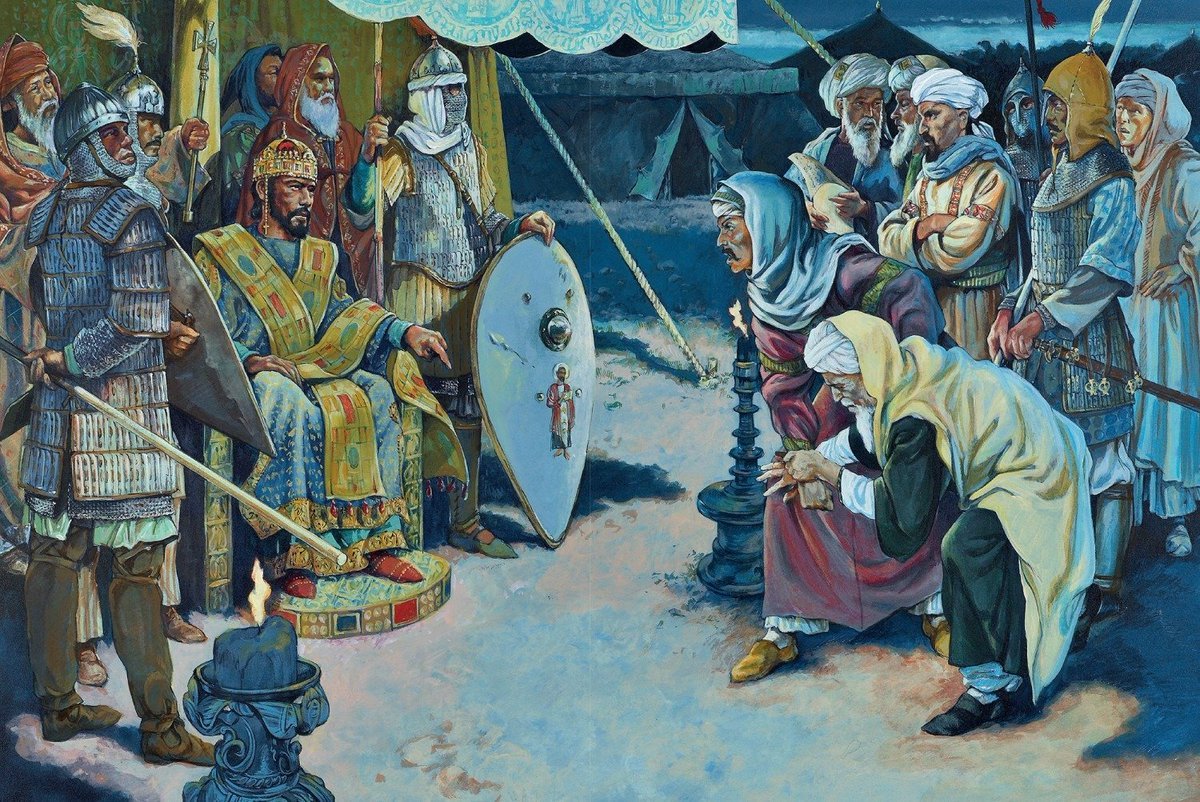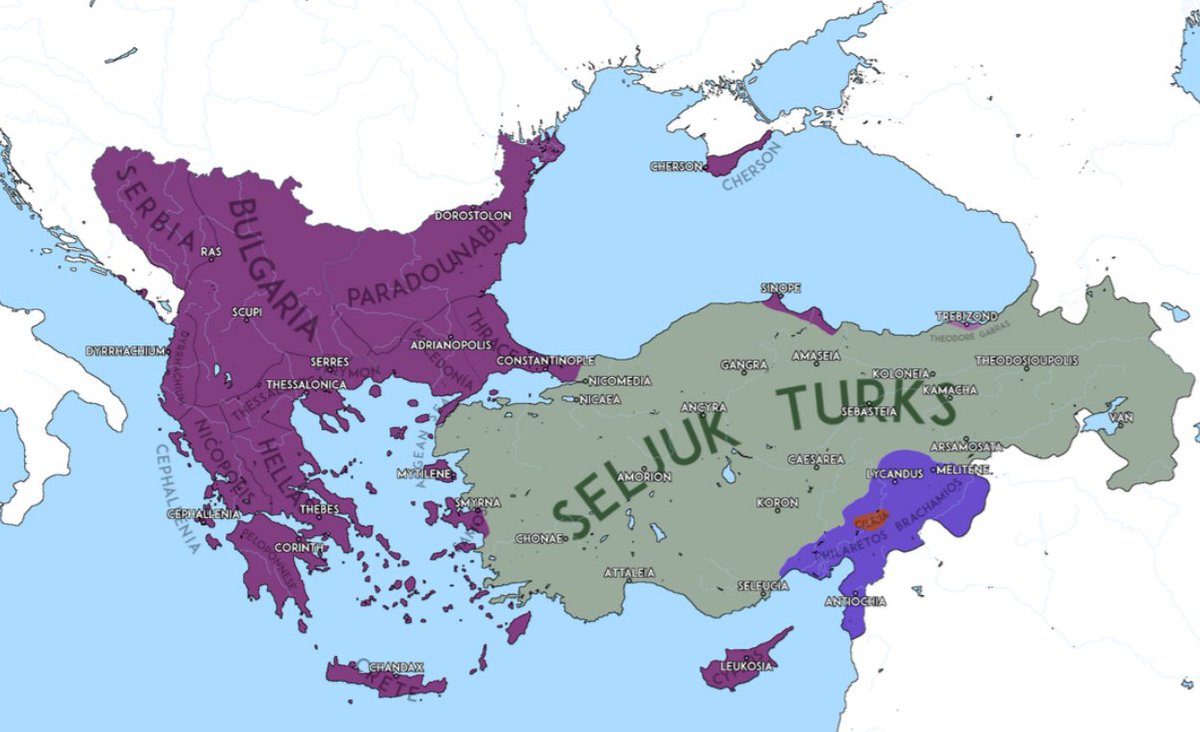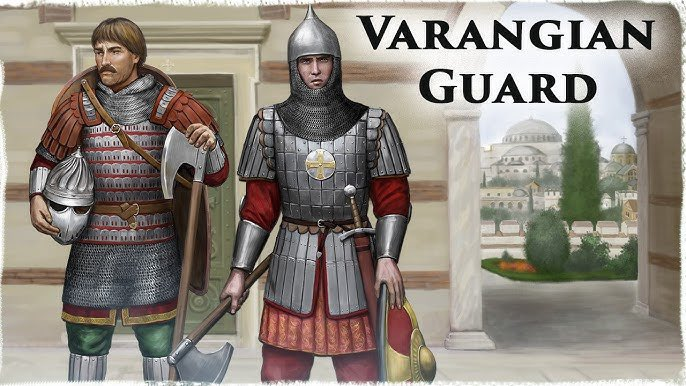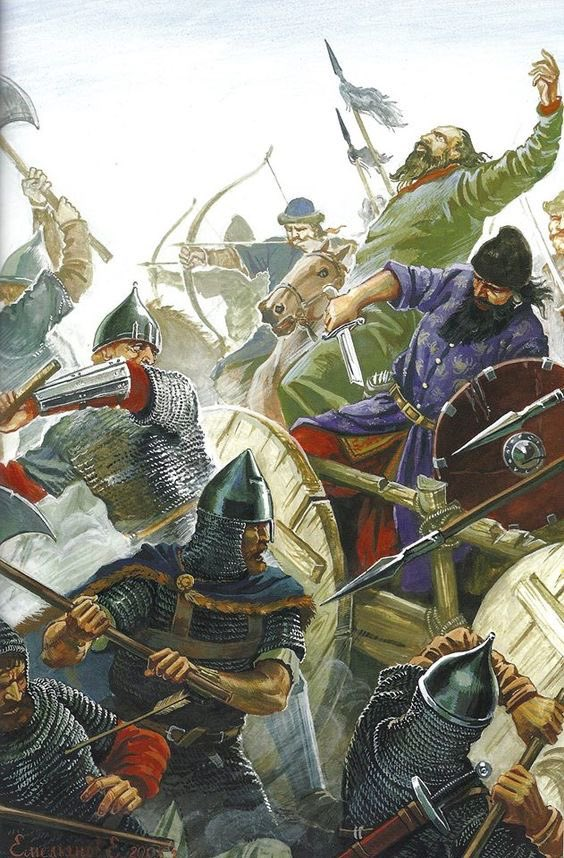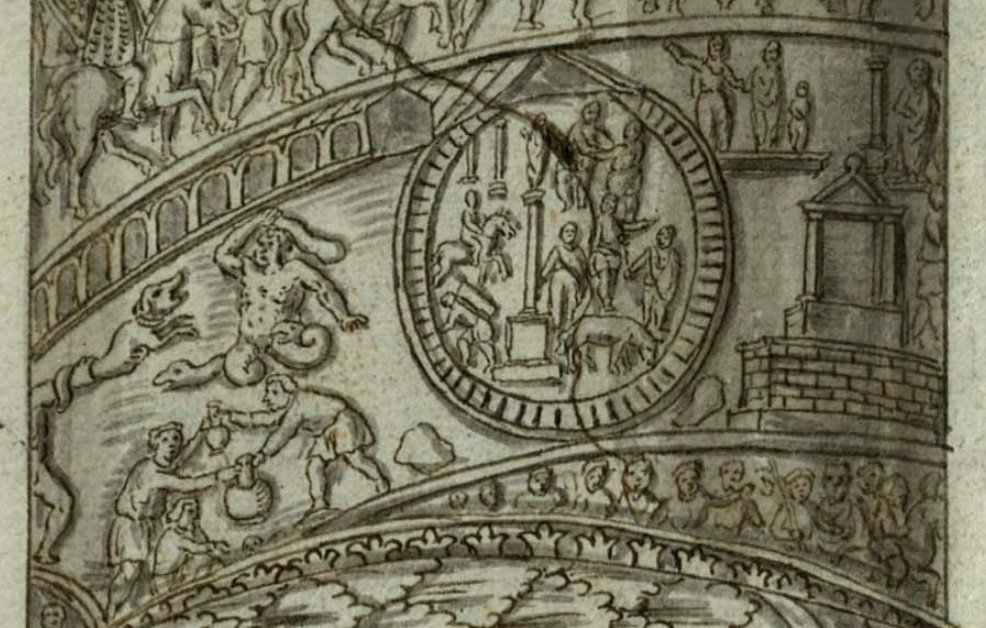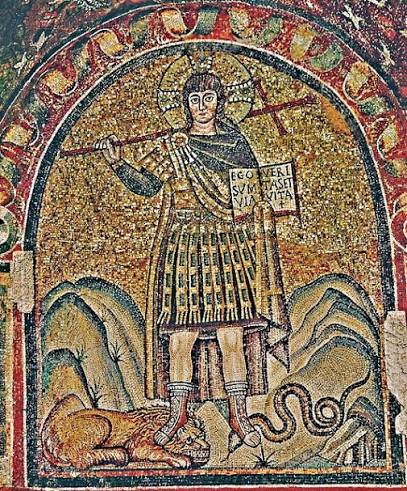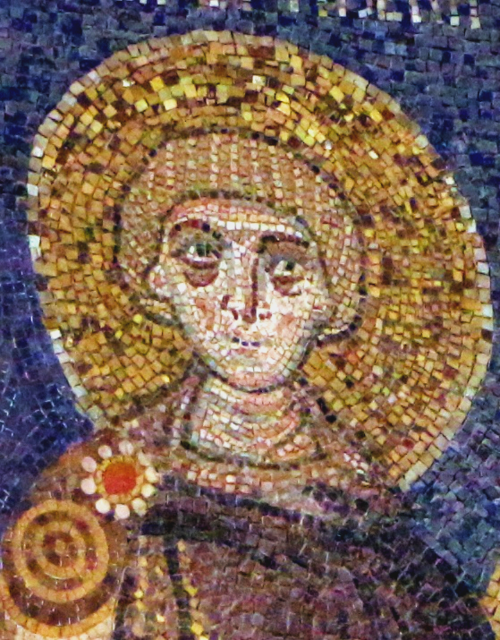You are a #Roman soldier born in province of Dalmatia (modern-day #Croatia). Most of your life you've spent on the Adriatic coast, in the warm Mediterranean climate. It is a paradise on Earth. And it is the heartland of the mighty #RomanEmpire.
Your life is about to change... /1
Your life is about to change... /1

Then, your emperor, great #Hadrian, commands you and your unit to move. Not to the East, where you could still enjoy all benefits of civilization. Or to Africa, also a place to be.
No, Hadrian dispatches you to the ends of the known world. To the cold and hostile Brittania /2
No, Hadrian dispatches you to the ends of the known world. To the cold and hostile Brittania /2

Precisely, you and your unit are sent to man the furthermost part of the northern frontier. To the Hadrian wall, which is nearing its completion. In the following decade, you will guard this remote outpost against the barbarian threat. /3 
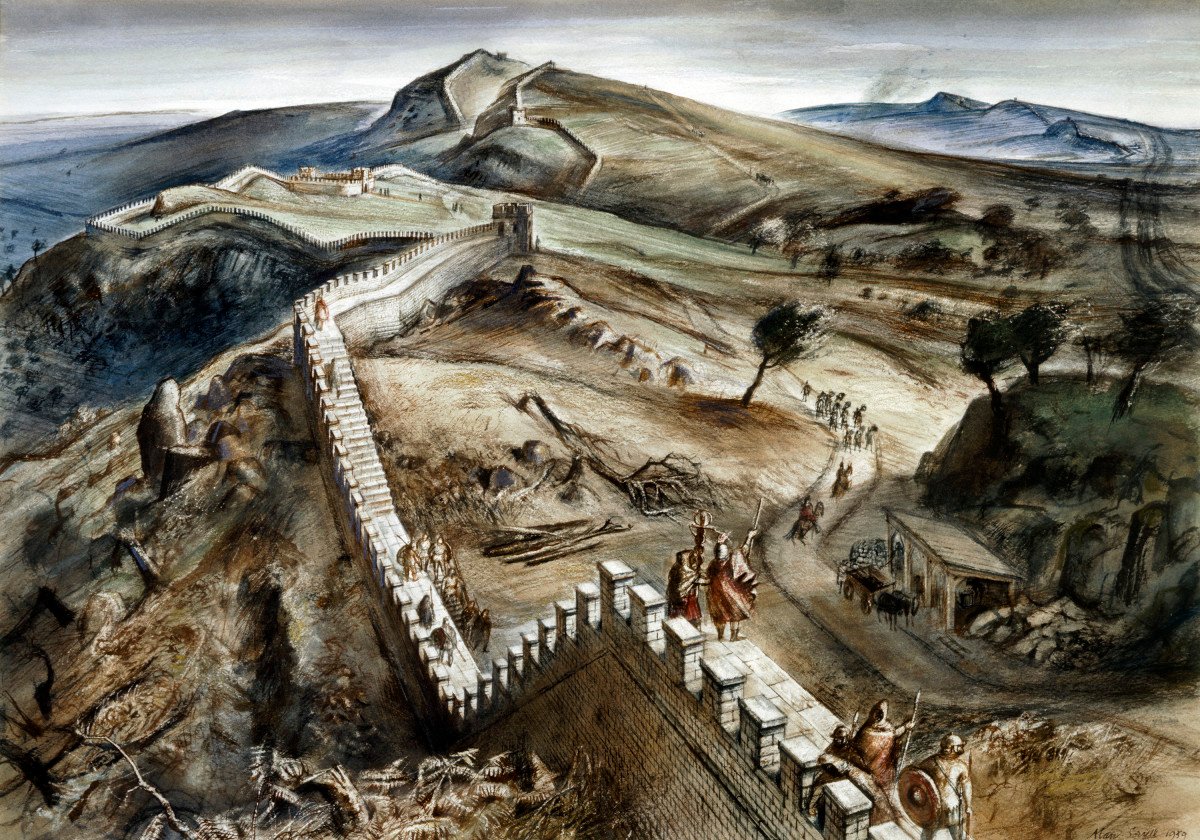
This is more than a story. It is exactly what happened to the detachment of the Cohors IV Delmatarum from the #Dalmatian coast. Their destination was fort Mediobogdum, located on the western side of the Hardknott Pass in the county of Cumbria. /4 

Built between 120 and 138 AD, the fort was briefly abandoned during the Antonine advance into Scotland during the mid-2nd century. It was reoccupied around 200 and continued in use until the last years of the 4th century. /5 

One of the most remote and dramatically sited Roman forts in #Britain, the small, three-acre fort at Hardknott enjoyed command of the Eskdale Valley and the Roman road to Ravenglass. /6 

And how do we know the story? Well, the Dalmatian soldiers left an inscription in the fort, which survived (in fragments) to the present day, a witness of a fascinating journey from ancient #history. /7 
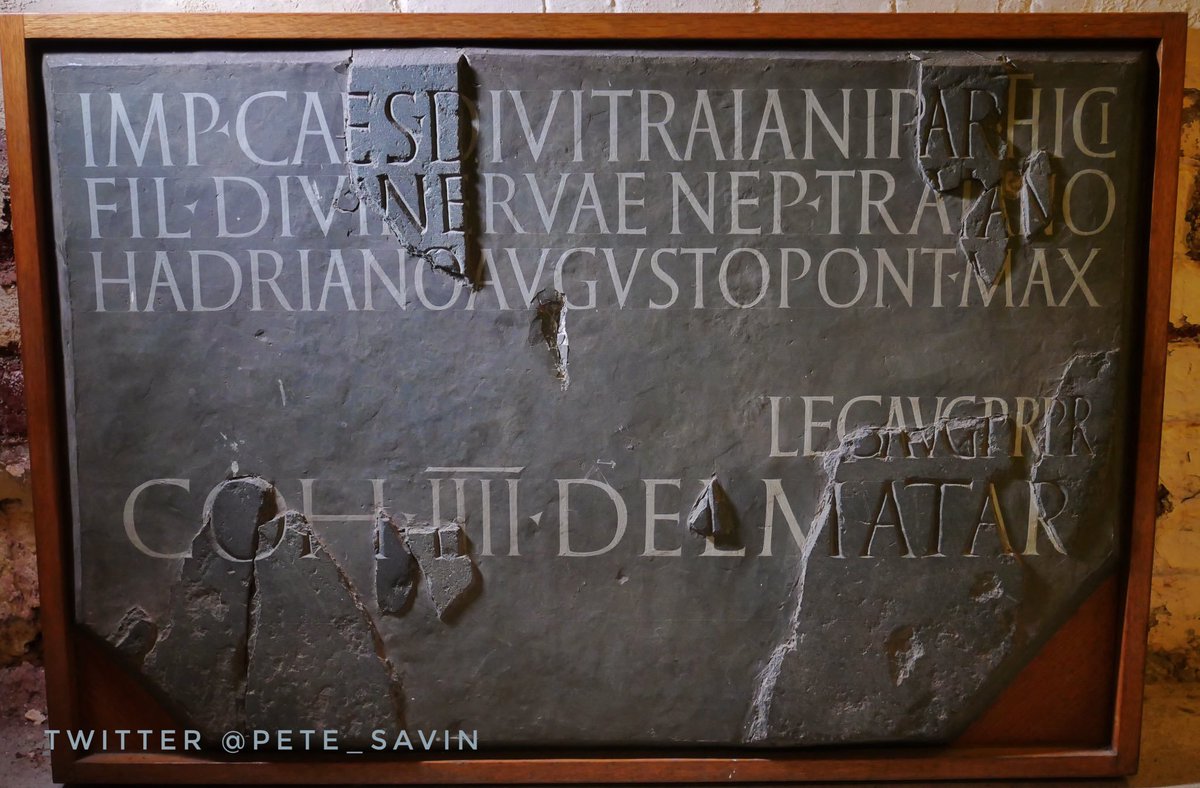
• • •
Missing some Tweet in this thread? You can try to
force a refresh


